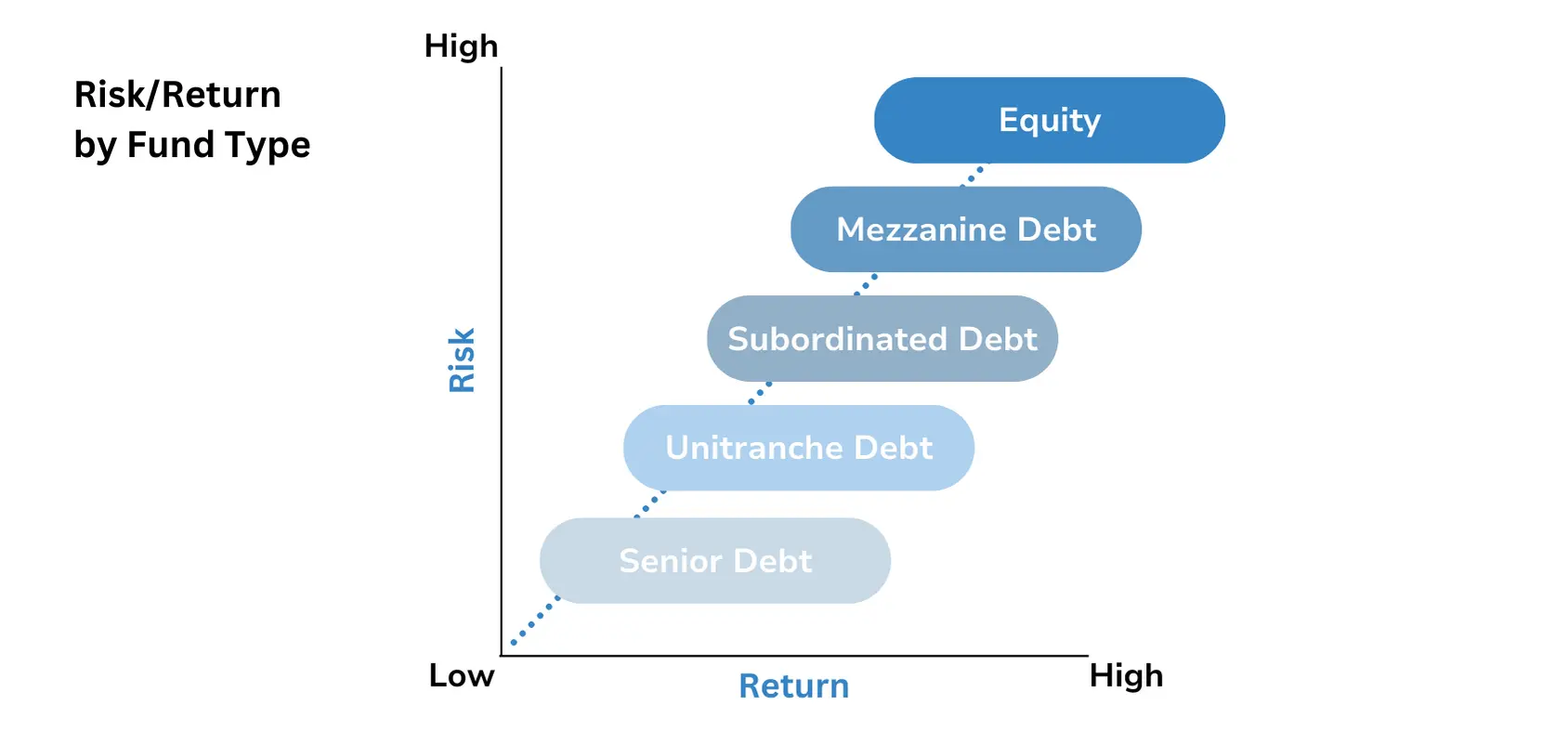Councillor's Wife's Jail Sentence For Threatening Tweet: Appeal Awaits

Table of Contents
The Original Tweet and its Impact
The threatening tweet, sent by Sarah Miller (name changed to protect privacy), the wife of Councillor David Miller, targeted local activist, Anya Sharma. The tweet, which read, "You're dead to me, Sharma. You'll regret this," was accompanied by an image seemingly depicting a threatening object. What made it particularly threatening was the history of animosity between the two women, and the tweet’s clear implication of violence.
-
Public reaction and outrage: The tweet quickly went viral, sparking widespread outrage and condemnation across social media platforms. Many users called for prosecution, highlighting the need for stronger measures against online threats.
-
Media coverage and its influence: Major news outlets picked up the story, leading to intense media scrutiny and public pressure on the authorities to take action. The extensive coverage amplified the impact of the tweet, pushing the case into the public consciousness.
-
Police involvement and investigation process: Following a wave of complaints, the police launched a prompt investigation, leading to Miller's arrest and subsequent charges. The investigation involved collecting digital evidence, including the tweet itself and other online communications.
The potential harm caused by the tweet was significant. The explicit threat of violence, coupled with the existing tensions between Miller and Sharma, created a credible fear for Sharma's safety and well-being. The psychological impact of such online threats can be profound and long-lasting.
The Trial and the Sentencing
The legal proceedings against Sarah Miller involved several key stages:
-
Charges filed: Miller was charged with harassment and making threats of violence via social media under [Insert relevant legislation here].
-
Evidence presented: During the trial, the prosecution presented the incriminating tweet, expert witness testimony about the psychological impact of online threats, and evidence of previous interactions between Miller and Sharma suggesting an escalating conflict.
-
Arguments made: The prosecution argued that Miller's tweet constituted a clear and present danger, causing significant distress and fear. The defense argued that the tweet was a moment of anger, not a genuine threat of violence, and that the prosecution was misinterpreting freedom of speech.
The judge, in sentencing Miller to three months imprisonment, stated that the threat was credible and caused significant distress to the victim. The judge emphasized the seriousness of online threats and the need to deter such behaviour. The sentence was met with mixed reactions, with some praising the firm stance against online harassment, while others criticized the length of the sentence.
- Key arguments from both sides during the trial:
- Prosecution: The tweet was a direct threat, causing reasonable fear of violence, and the defendant had a history of hostile behavior toward the victim.
- Defense: The tweet was impulsive, the defendant didn't intend to cause harm, and the prosecution was overreaching by criminalizing what was essentially an expression of anger.
The Appeal Process and its Potential Outcomes
Miller's legal team has lodged an appeal, arguing that the sentence was excessive and that the judge misconstrued the meaning of the tweet. The grounds for appeal include claims of insufficient evidence to support the conviction and an infringement on Miller's freedom of speech.
- Potential Outcomes:
- Reduced sentence: The appeal court could reduce the jail sentence, potentially suspending it or replacing it with a community service order.
- Overturning the conviction: The court could overturn the conviction entirely, finding the evidence insufficient or the charges inappropriate.
- Upholding the original sentence: The appeal court could uphold the original sentence, confirming the judge's decision.
The likelihood of success for the appeal is uncertain. Legal experts are divided, with some suggesting that the precedent for similar cases favors the prosecution, while others highlight the nuances of this particular case.
- Possible Scenarios and their Implications: A successful appeal could significantly impact future cases concerning online threats, potentially raising concerns about the limitations placed upon freedom of speech. A dismissal of the appeal would solidify the judicial stance on the seriousness of online threats.
Implications for Freedom of Speech and Online Behaviour
This case highlights the complex interplay between freedom of speech and responsible online behaviour. While freedom of speech is a fundamental right, it is not absolute. This case underscores the need for social media users to understand the legal ramifications of their online actions and the potential consequences of irresponsible behaviour.
-
Responsibility of social media users: Individuals must exercise caution and restraint in their online interactions, avoiding language that could be construed as threatening or harassing.
-
Prevention of online harassment: Social media platforms also bear some responsibility in creating a safer online environment by implementing robust measures to prevent harassment and threats.
This councillor's wife case mirrors other high-profile cases involving online threats, demonstrating the evolving legal landscape regarding online interactions. The outcome of this appeal will undoubtedly shape future legal precedents regarding online speech and its potential consequences.
Conclusion
This case of the councillor's wife, from the initial threatening tweet to the pending appeal, raises fundamental questions about the boundaries of free speech online and the potential consequences of online threats. The trial and subsequent appeal process have shone a light on the difficulties of balancing individual rights with the need to protect individuals from online harassment and abuse.
This case of the councillor's wife serves as a stark reminder of the potential consequences of threatening behavior online. Understanding the laws surrounding online threats and responsible social media usage is crucial. Stay informed about the developments in this case and the outcome of the appeal. Follow this case closely to learn more about the legal implications of threatening tweets and ensure your online interactions are responsible and respectful. The implications of this case extend far beyond the councillor's wife; it impacts how we all behave online.

Featured Posts
-
 The Goldbergs A Review Of Its Popular Seasons And Lasting Impact
May 21, 2025
The Goldbergs A Review Of Its Popular Seasons And Lasting Impact
May 21, 2025 -
 5 Key Actions To Secure A Role In The Booming Private Credit Industry
May 21, 2025
5 Key Actions To Secure A Role In The Booming Private Credit Industry
May 21, 2025 -
 Michael Bay And Sydney Sweeney To Star In Outrun Movie Adaptation
May 21, 2025
Michael Bay And Sydney Sweeney To Star In Outrun Movie Adaptation
May 21, 2025 -
 Todays Nyt Mini Crossword Answers March 13 2025
May 21, 2025
Todays Nyt Mini Crossword Answers March 13 2025
May 21, 2025 -
 The Critical Role Of Middle Management In Todays Workplace
May 21, 2025
The Critical Role Of Middle Management In Todays Workplace
May 21, 2025
